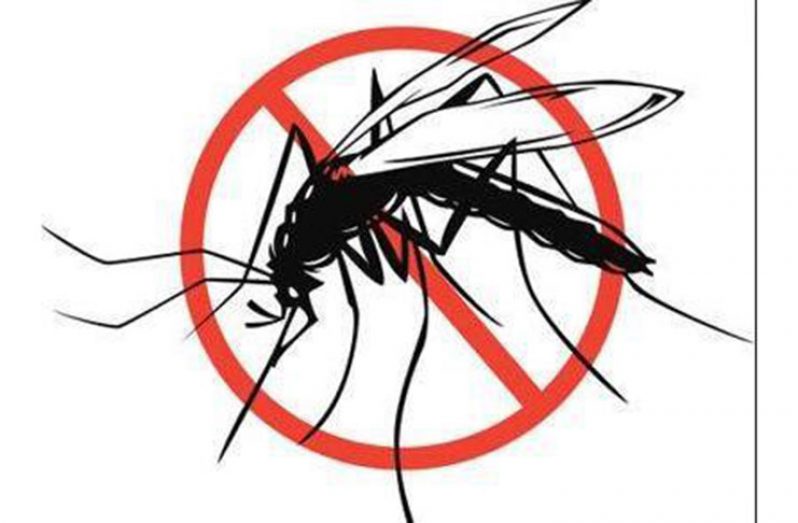SOME 8,274 reported cases of malaria has been confirmed so far for 2016; compared to 10,403 in 2014, and 7,634 for the same period in 2015, Public Health Minister Dr. George Norton has said.In a message to mark Malaria Day in the Americas 2016, Dr. Norton confirmed the reported results for the period ending October 22, and assured that the Ministry of Public Health would not be complacent in dealing with suspected cases of malaria.
He said Government is seeking to be innovative and explore new initiatives by engaging more partners to combat malaria. Government is also looking at alternative methods of testing for faster detection and reduced effects of the mosquito-borne virus.
“An alternative method of diagnosing malaria, called Rapid Diagnostic Tests (RDTs), is being explored and piloted for use by health-care providers in the public health sector especially, and by lay persons (miners). (It will) promptly diagnose malaria, resulting in early treatment and interruption of the chain of transmission, leading to reduced morbidity and mortality,” Dr. Norton explained.
The minister said Government is looking to spread its wings to fight malaria at the local level throughout the various affected regions by providing malaria-related health-care similar to that accessed at the Georgetown Public Hospital Corporation (GPHC).
As a result, he said, the Ministry is moving to pilot a project to decentralise malaria prevention and control at the regional level, commencing with Region 8 (Potaro/Siparuni).
Dr. Norton said it is surprising that Regions 2 and 10 have “historically” been reporting confirmed malaria cases, even though infection is usually low in Region 4. Malaria is endemic in Regions One, Seven, Eight and Nine.
“It is noteworthy to mention, however, that these numbers do not paint the whole picture; as a rapid assessment conducted by the Pan American Health Organization/World Health Organization (PAHO/WHO) revealed a 42.2 per cent under-reporting of cases,” Dr. Norton stated.
Reports out of the WHO reveal that an estimated 145 million people in 21 countries are at risk of contracting malaria in the Americas. The reports said deaths from malaria declined 79 per cent between 2000 and 2014, and the number of confirmed cases declined by 67 per cent. The most recent review in 2015 indicates that there were 214 million cases of malaria and more than 400,000 related deaths.
Malaria mainly affects persons employed in the extractive industries in Guyana, and “strongly mirrors the movement of loggers and miners from the coastland into the interior locations of the country,” the minister said. Indigenous peoples who are resident in those areas are also affected.
Malaria prevention and control has historically been executed with the Vector Control Services (VCS) of the Public Health Ministry. The VCS programme is funded by Government and PAHO/WHO through the Amazon Malaria Initiative (AMI/RAVREDA) and Global Fund to Fight AIDS, Tuberculosis and Malaria (GFATM). Additionally, VCS receives technical support from PAHO/WHO.
GFATM support has spanned two grants since 2010, and further support is being sought through the submission of the Malaria Concept Note, a process that commenced in 2015, the minister said.
“These include policy, planning, budgeting, capacity-building, implementation, and mentoring and evaluation. VCS continues to build the capacity of community health workers (CHWs), microscopists, laboratory staff, medical extension officers (Medexes) and doctors,” Dr. Norton said.



.jpg)










